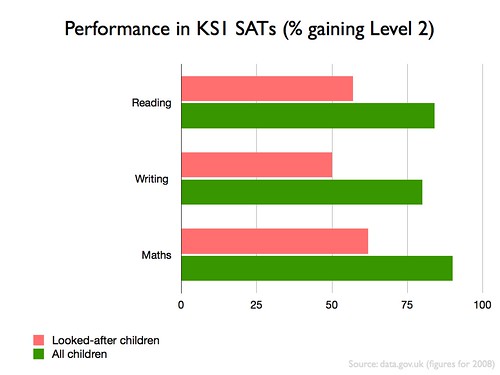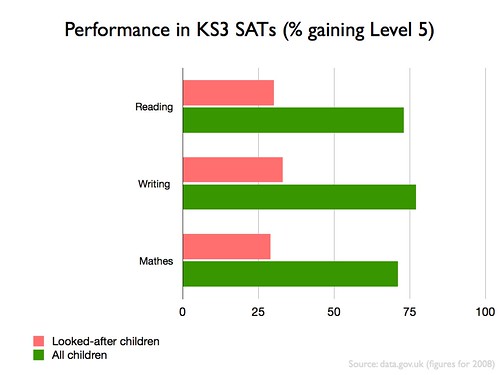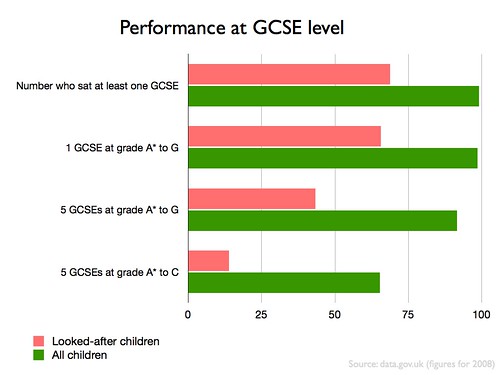Free schools: the good, the bad and the ugly.
The Good
I’m all for Free Schools in principle. The idea of community involvement in setting up a school is exactly what should happen in my book. I’m not so sure about the ‘parent-led’ part of it, but a school as reflecting community values and being responsive to context is highly in tune with my own political and educational thinking. That’s the good.
The Bad
But I’m not in favour of Free Schools if they’re all going to be along the lines of the West London Free School. It states proudly that it’s going to have a ‘narrow, academic’ curriculum focused on the Classics. Yes, that includes Latin.
I can remember reading for my MA in Modern History the debate between T.H. Huxley and Matthew Arnold (see here). The latter had a tough time defending the idea of a Liberal education based on the Classics in the 19th century, never mind the 21st. To say that “a classical education forms the bedrock of Britain’s most successful independent schools” is to commit the logical fallacy of post hoc ergo propter hoc* – i.e. that there is a causal connection between the content of the curriculum and the success of the current elite maintaining their hegemonic power.
The Ugly
Toby Young, the son of a peer in the House of Lords and author of How to Lose Friends and Alienate People is leading the project for the West London Free School, linked to above. I’m not sure who’s doing his PR but I really wouldn’t be using the video featured on the site (and below) as promotional material. Given the title of his book, perhaps he’s taking his own advice. I have never come across such a perfect example of a smug, inconsiderate and xenophobic story as the one he recounts with narrowly-contained glee towards the end of this interview:
[youtube http://www.youtube.com/watch?v=qCujFyXDDqE&w=325&h=207]
Conclusion
So, schools free of Local Authority control, with the power to adapt their curriculum to the needs of their local community? Yes please!
What I don’t want to see, and what I think the school Toby Young is helping set up is a prime example of, is the perpetuation of middle class cultural capital masquerading as parental choice. Unfortunately ‘answering’ the question about the middle classes in your FAQ doesn’t make an iota of difference in practice.
*See, I can do Latin too and I just went to the local comprehensive. :-p





